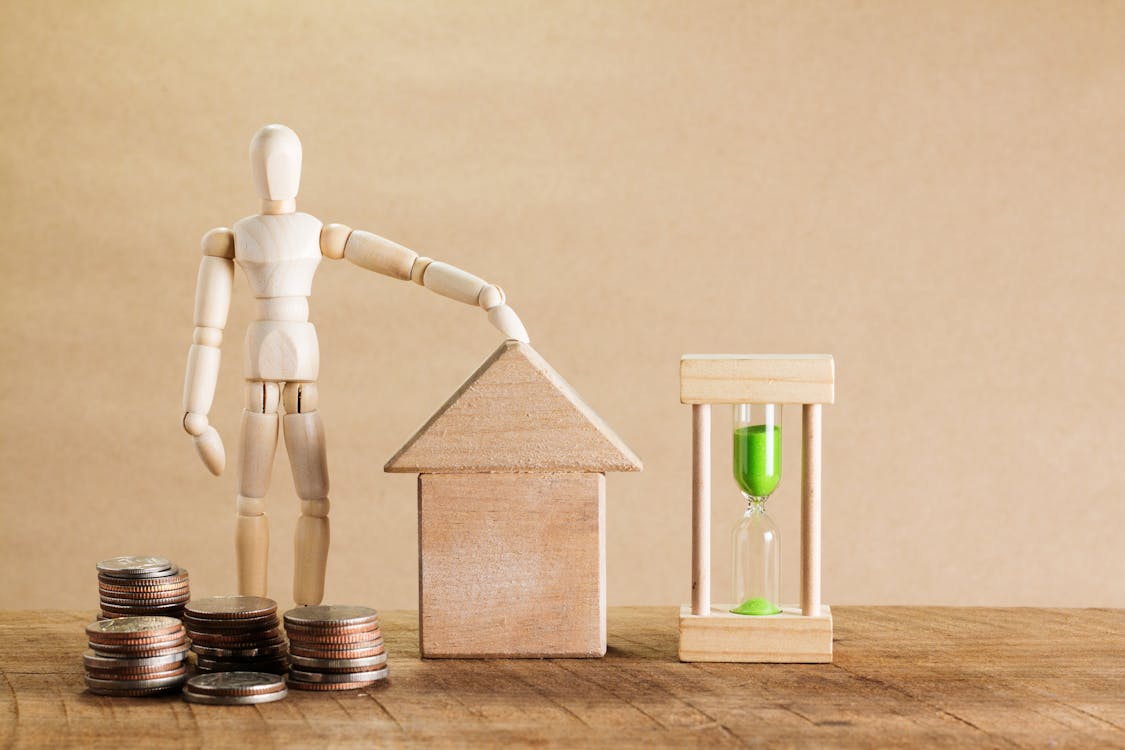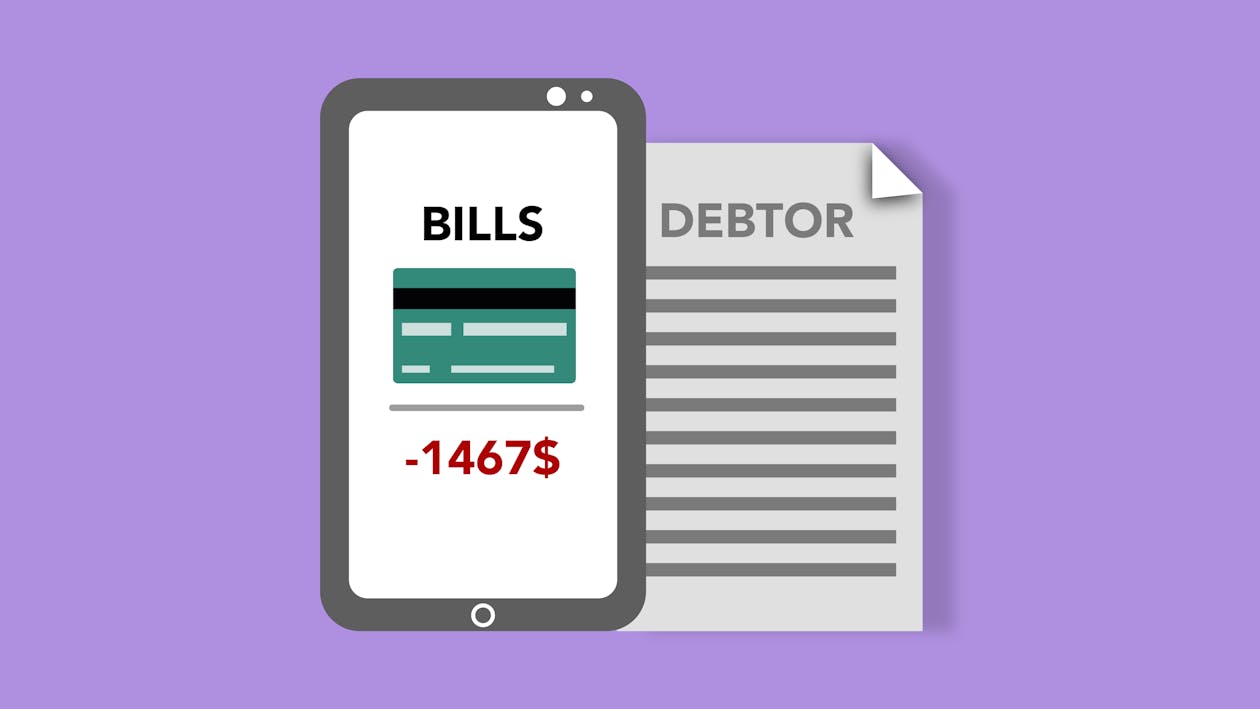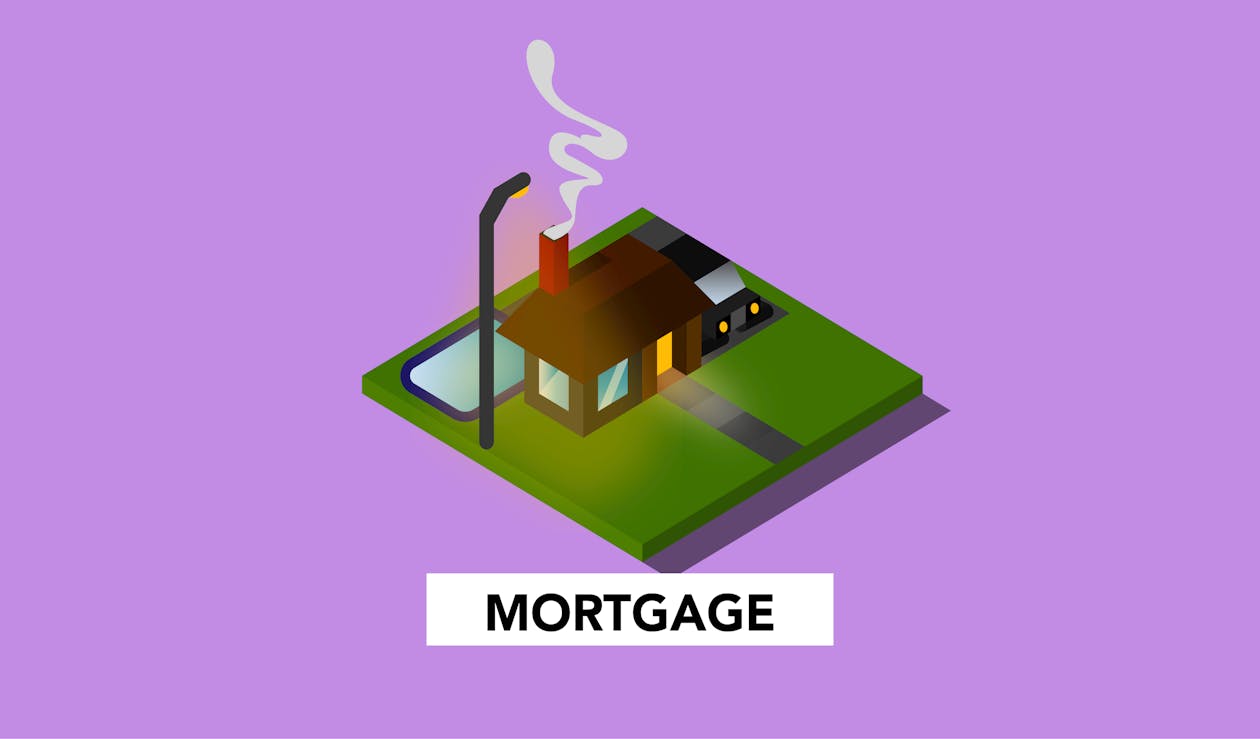Landlord Blog
Education and news for smart DIY landlords!
What Is House Poor? And How to Avoid It

Owning a home is often considered a cornerstone of the American Dream, a symbol of financial success and stability. However, this dream can quickly turn into a financial nightmare if one becomes "house poor." Being house poor means that a significant portion of your income is consumed by home-related expenses, leaving little room for other financial necessities or luxuries. This situation can lead to a precarious financial existence, where even minor unexpected expenses can create significant stress.
Understanding House Poor
The term "house poor" typically refers to individuals or families who spend a large percentage of their income on home ownership costs, including mortgage payments, property taxes, maintenance, utilities, and insurance. The general guideline suggests that no more than 30% of your gross monthly income should be allocated towards housing costs. Exceeding this threshold can strain your finances and limit your ability to save for retirement, invest, or even cover day-to-day living expenses.
Signs of Being House Poor
Limited Savings: If most of your income goes towards your home, saving for emergencies or future goals becomes challenging.

High Debt Levels: You might rely on credit cards or loans to cover everyday expenses because your housing costs consume most of your income.
Financial Stress: Constant worry about meeting your mortgage payments or handling unexpected expenses can be a clear indicator.
Inability to Enjoy Life: If you can't afford leisure activities, vacations, or dining out due to your housing costs, you might be house poor.
How to Avoid Becoming House Poor
Accurate Budgeting: Before purchasing a home, create a detailed budget that includes all potential homeownership costs. Ensure that these costs do not exceed 30% of your gross monthly income. Be honest about your other expenses and lifestyle needs to avoid overstretching your finances.
Consider Total Costs: Factor in not just the mortgage payment but also property taxes, insurance, utilities, and maintenance. These additional costs can significantly impact your budget.

Emergency Fund: Establish a robust emergency fund before buying a home. This fund should ideally cover 3-6 months of living expenses, providing a cushion for unexpected events such as job loss or major repairs.
Smart Home Buying: Avoid buying the most expensive house you qualify for. Lenders may approve you for a higher loan than you can comfortably afford. Choose a home that meets your needs without maxing out your budget.
Read more: Size Matters: What to Consider When Choosing a Property
Down Payment: Aim for a substantial down payment to reduce your mortgage amount and monthly payments. A larger down payment can also help you secure a better interest rate, lowering your long-term costs.

Interest Rates: Shop around for the best mortgage rates and consider the impact of interest rates on your monthly payments. Even a small difference in rates can save you thousands over the life of the loan.
Future Planning: Consider your future financial goals and potential changes in income or expenses. A home that fits comfortably within your current budget may become unaffordable if your financial situation changes.
Seek Professional Advice: Consult with financial advisors or housing counselors to get an objective view of what you can afford. They can help you understand the long-term implications of your home purchase.
Conclusion
Becoming house poor is a common pitfall that can significantly impact your financial health and overall quality of life. By carefully planning, budgeting accurately, and making informed decisions, you can avoid this trap and ensure that your home remains a source of comfort and stability rather than financial stress. Prioritize financial prudence and long-term planning to achieve sustainable homeownership without sacrificing your financial well-being.
